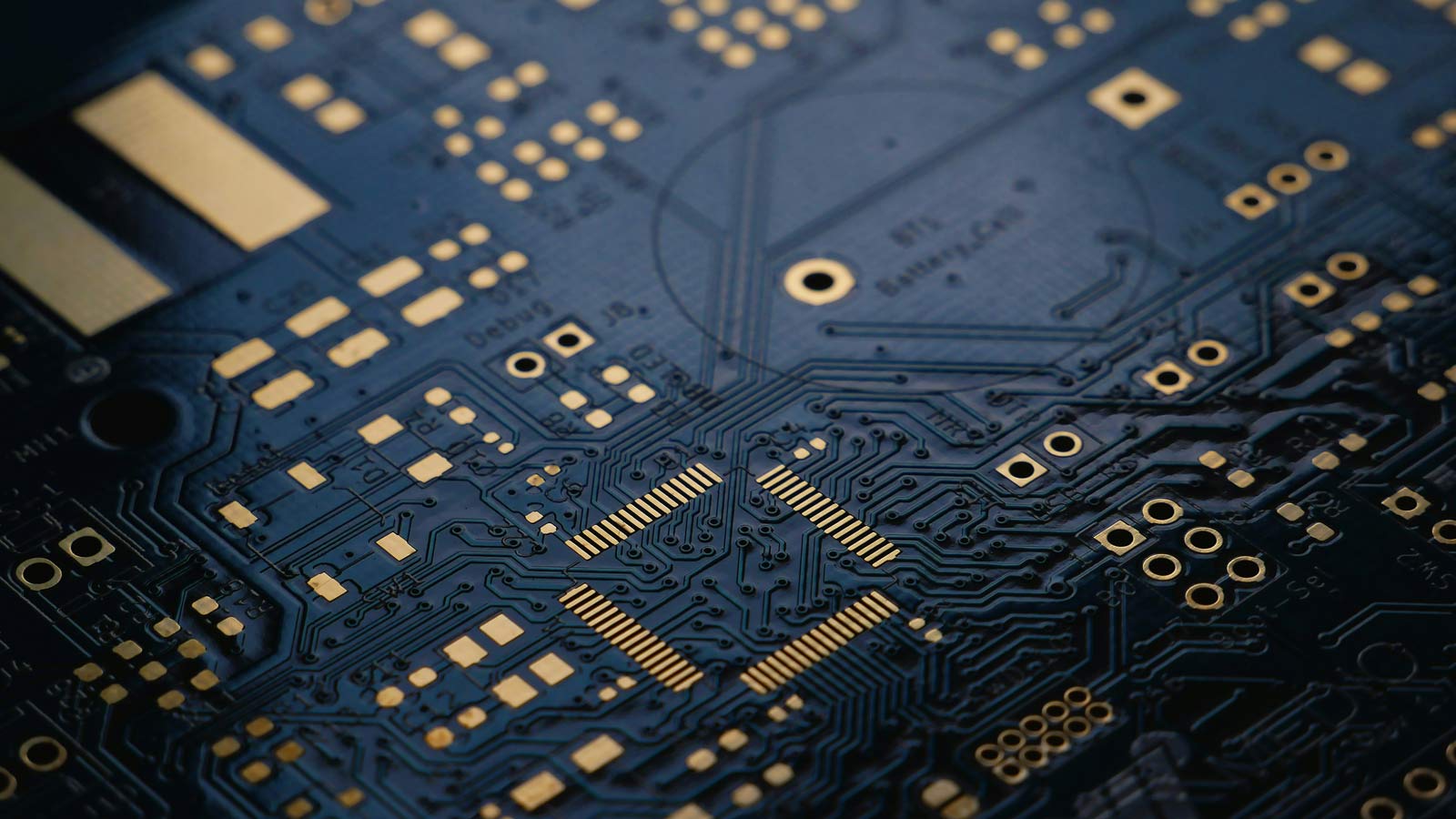Recent news cycles have been dominated by conversations on the takeover of seemingly every industry and profession by artificial intelligence (AI), a set of emerging technologies that offer great potential but remain shrouded in complexity.
Part of our work at Moonbeam Multimedia is to demystify the technologies that increasingly define our worldviews and our access to information. Artificial intelligence in education seeks to personalize learning, streamline administrative tasks, and unlock new avenues for research, but common misunderstandings about the nature of AI leave the door open for concerns over plagiarism, academic ethics, and the potential loss of critical human interactions that are essential to the learning process.
Building Informed Policies
The formulation of policies governing AI's use in educational settings demands a nuanced understanding of the technology. Policies should not only govern the use but also guide the ethical implementation of AI, ensuring that it serves to amplify educational opportunities without infringing on privacy or equity. Looking to guidance from leading educational institutions, advocacy organizations, and government agencies, we find examples of frameworks and approaches that attempt to balance innovation with accountability:
- Guidance from the U.S. Department of Education. The U.S. Department of Education has released a policy report titled "Artificial Intelligence and the Future of Teaching and Learning: Insights and Recommendations" that provides guidance for educators on the effective, safe, and fair use of AI-enabled educational technology.
- State-Level Guidance. According to the Center on Reinventing Public Education, only 13 states have offered official guidance to school districts on using AI in schools as of late 2023. California and Oregon have provided the most comprehensive guidance, while many other states are still developing or deferring to local districts to create their own AI policies.
- District and School Policies. Large districts such as New York City Public Schools and Los Angeles Unified School District have joined leading higher education institutions such as the Massachusetts Institute of Technology in crafting frameworks and action plans to outline the responsible use of AI in educational contexts.
If your district or school is undertaking the journey to better understand this transformative technology, we're interested in partnering with you. Contact us to get started.
